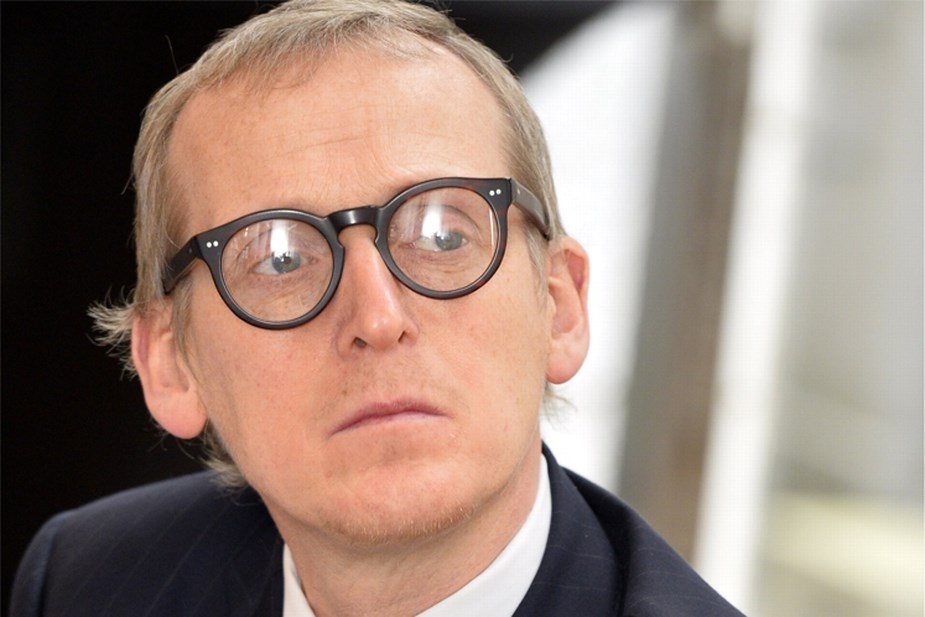Paul Dujardin, director-general of the Centre for Fine Arts Bozar in Brussels, has called for those considering an exit strategy to take the country out of its current lockdown to keep in mind the cultural sector, which might not survive without massive support.
In an open letter published on the Bozar website, Dujardin writes, “The lockdown has hit the culture sector especially hard. When people are told to stay at home they can’t go to a concert or an exhibition together. This is particularly sad at a time when everyone is in need of comfort, inspiration and wonder. Art can't beat coronavirus - only science can do that - but art will be vital in healing the wounds inflicted by the crisis.”
The performing arts, he writes, accounts for 4.2% of GDP in the European Union, while the crisis has also affected other areas, such as the opening of museums and concert halls, and the production of films and TV series. The effects can be felt ever farther afield.
“For example, the cancellation of the summer festivals has meant that potato farmers have had to destroy hundreds of tonnes of potatoes because... fewer people will be eating French fries. This is just one example of the complex ripple effects.”
One area where the crisis has had a stimulating effect is digital culture.
“Exhibitions will have an online presence. The streaming figures for readings, concerts and theatre performances will skyrocket. But we all know that an opera or an intimate concert on your laptop can never replace the real thing. And it is far from a business model. The bottom line is certain: the industry won't survive economically without massive government support.”
Dujardin quotes the French 17th century philosopher Pascal, who said that all of humanity’s problems stem from one thing: the inability to sit quietly in a room alone – a claim worth bearing in mind now many of us are forced to do just that.
“People are social animals. They thrive on new ideas, contact, encounters and perspectives. Quiet and solitude can be beneficial when recovering from a period of hectic activity. But if it goes on for too long it leads to depression and, ultimately, madness,” he writes.
The role of culture may in fact become even more important in a post-coronavirus world, he suggests, as art helps us to understand and process the new world we will one day soon emerge into.
“Today we need the world to save art, only to ensure that the roles will be reversed afterwards. Soon our artists will be sorely needed to lend shape, sense and content to the post-coronavirus era.”
Alan Hope
The Brussels Times

